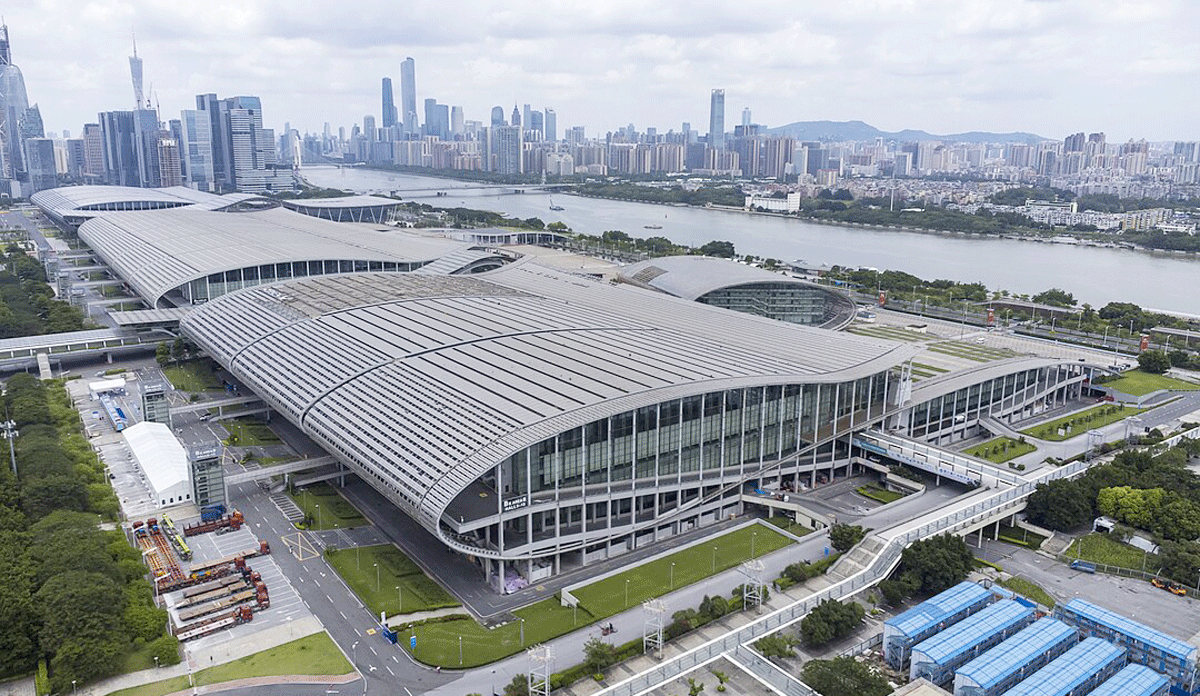
Green Sourcing Strategies for NZ Businesses Importing from Asia
As the world moves towards a more environmentally-conscious approach to conducting business, companies across New Zealand are seeking to incorporate sustainable practices into their operations. For those importing products from China and other Asian countries, this not only means reassessing their current operations but also re-evaluating their entire sourcing and supply chain strategy. Adopting eco-friendly sourcing practices not only benefits the environment but also helps businesses cater to the evolving demands of an increasingly eco-conscious consumer base.
By understanding and embracing the shift towards responsible global trade practices, New Zealand SMEs can not only reduce their environmental footprint but also set themselves apart from their competition by catering to the growing market for sustainable and ethically-sourced products. So, join us as we explore the world of eco-friendly and sustainable sourcing options for NZ businesses importing from Asia and learn how to unlock the full potential of green trade for a brighter, cleaner, and more prosperous future.
Take the first steps towards transforming your import business by implementing sustainable sourcing strategies, meeting the ever-growing demand for eco-friendly products, and contributing to a greener planet while ensuring your business thrives in the evolving global trade landscape.
The Growing Demand for Sustainable and Eco-Friendly Products
The global market is witnessing a significant increase in demand for sustainable and eco-friendly products, driven primarily by consumer awareness and concerns about the environmental impact of their purchases. This shift is integral to New Zealand businesses importing products from Asia for several reasons:
1. Competitive Advantage:
By offering sustainable and eco-friendly products, businesses can distinguish themselves from their competition, catering to the rising consumer demand and demonstrating their commitment to the environment.
2. Regulatory Compliance:
As governments around the world tighten environmental regulations, businesses must adapt to stay compliant and maintain a positive reputation in the market.
3. Social Responsibility:
Embracing sustainable sourcing practices demonstrates a business's commitment to corporate social responsibility, helping to attract environmentally conscious customers and foster brand loyalty.
4. Future-Proofing:
Transitioning to green sourcing practices now will prepare businesses for future challenges and ensure their operations continue to thrive as the focus on sustainability intensifies.
Green Sourcing Strategies for NZ Importers
To incorporate sustainable and eco-friendly sourcing practices into your importing business, consider adopting the following strategies:
1. Identifying Sustainable Suppliers:
Seek out suppliers who share your commitment to the environment and demonstrate transparent eco-friendly practices throughout their operations.
2. Selecting Eco-Friendly Materials:
Opt for materials derived from sustainable sources or those with a minimal environmental footprint when selecting products to import.
3. Reducing Packaging Waste:
Minimise packaging waste by choosing materials made from recycled or compostable materials and work with suppliers to minimise excess packaging.
4. Optimising Transportation:
Manage the environmental impact of your logistical activities by selecting the most efficient transportation mode, consolidating shipments, and reducing overall shipping distances.

Working with Environmentally Responsible Suppliers
Partnering with suppliers who proactively incorporate sustainable practices into their operations is key to transitioning towards eco-friendly sourcing. Here are some tips for identifying and connecting with environmentally responsible suppliers:
1. Certifications and Accreditations:
Look for suppliers who hold credible certifications such as ISO 14001 or other industry-specific accreditations that demonstrate their commitment to environmental responsibility.
2. Assess Production Processes:
Assess potential suppliers’ production processes, raw materials, energy consumption, and waste management practices to gain a holistic understanding of their environmental impact.
3. Collaboration and Communication:
Work closely with suppliers to establish a common understanding of sustainability goals, ensuring that both parties collaborate effectively to achieve mutually beneficial outcomes.
4. Track Progress and Performance:
Implement a system for tracking supplier progress towards sustainability goals, allowing you to measure performance and identify potential areas for improvement.
Embracing a Circular Economy Mindset
In addition to incorporating sustainable sourcing strategies, adopting a circular economy mindset can help NZ businesses create a truly eco-friendly import operation. The circular economy model places emphasis on minimising waste, prolonging the lifecycle of products, and promoting responsible resource use. Here's how importers can embrace this approach:
1. Product Lifecycle Analysis:
Evaluate the entire lifecycle of the products you import, including manufacturing, distribution, use, and end-of-life disposal, to identify opportunities for reducing waste and environmental impact.
2. Design for Disassembly:
Choose products designed to be easily disassembled and repaired, encouraging longer use and reducing landfill waste.
3. Promote Recycling and Upcycling:
Partner with suppliers that utilise recycled materials in their production processes or encourage upcycling to create new products from discarded materials.
4. Encourage Product Take-Back Programs:
Implement programs that enable customers to return end-of-life products to your business or suppliers for recycling, remanufacturing, or proper disposal.
Driving Sustainable Change in the Importing Industry
As the global market continues to shift towards sustainability and eco-consciousness, New Zealand businesses importing from Asia must adapt and embrace eco-friendly sourcing practices. Not only can this help businesses differentiate themselves from competitors, but it will also contribute to their long-term success and align their operations with the values of an environmentally-conscious consumer base.
Partner with Epic Sourcing New Zealand to access expert support and guidance in establishing sustainable sourcing practices for your importing business. Reach out to us today to learn how our dedicated China product sourcing agent can help your NZ-based SME navigate the transition to eco-friendly and responsible trade, enabling you to enjoy long-term growth while building a more sustainable future for generations to come.
Related Articles
Let’s Make It Epic
We're here to make sourcing simple – and a whole lot less stressful.

.svg)

.svg)





